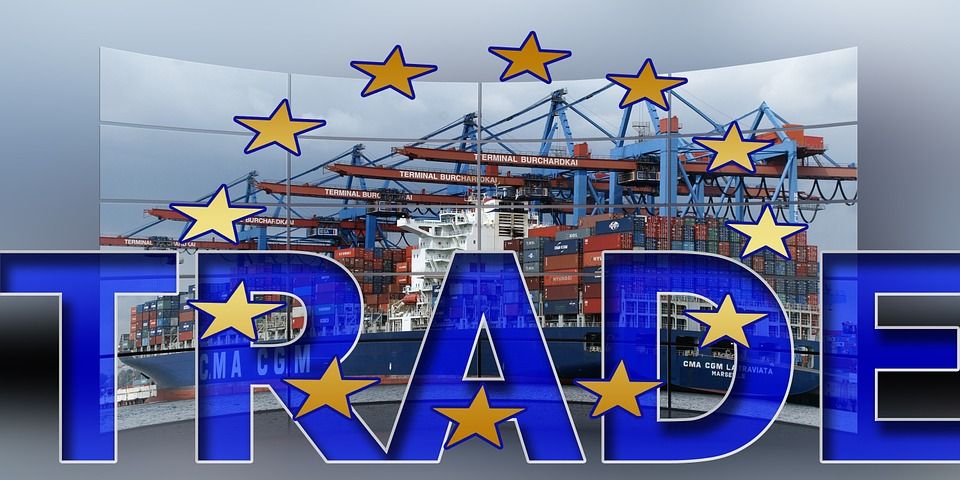Following the recent American announcement that tariffs will be applied on 200 billion US dollars of Chinese imports, we are now entering a fully-fledged trade war. More than half of US imports from China look set to be hit, with rhetoric suggesting the rest could also be covered before long.
Foregone conclusion?
Standard logic has it that the US will ‘win’ (this word may be relative) the tussle, given that it imports around three times as much from China as it exports there. China would therefore seem to have more interest in reaching a deal, and it has already run out of space to apply dollar-for-dollar tariff responses. There are, though, four major caveats.
Firstly:
Although China is a lot more export-orientated than large Western economies, it is much less so than a decade ago. Exports are only half as important as they were then (as a percentage of GDP) and the tens of millions of middle-class Chinese people in the crucial domestic market are now pivotal. So the tariffs could have less effect than expected, particularly if the effect can be ameliorated through finding alternative export markets, or even a depreciation of the yuan.
Secondly:
Tariffs can also hit US producers given that Chinese suppliers are also part of their product chain – Apple, for one, has publicly announced that US consumers can expect to pay more for some products.
Thirdly:
Putting to one side the philosophical drawbacks, China could have a tactical economic advantage in not being a democracy. Whereas President Trump must consider voters in the mid-terms and subsequent presidential election, China can take a longer-term approach. We have already seen a public outcry leading to the US taxpayer effectively indemnifying soya bean producers – having set this example, will the Trump administration follow suit for other affected groups?
Fourthly:
China has an overtly mercantilist policy and is open to using its foreign policy for commercial purposes. So, although it has little scope to increase tariffs on US goods, it could have other possibilities, for example by ensuring an embargo on neighbouring North Korea is less effective.
No, far from certain!
Overall, this suggests that an American victory in this trade war is far from certain. Rather than taking a unilateral approach, the US may have better served approaching the matter together with its major allies in Canada, Europe and Japan, who mostly share their concerns, particularly over a Chinese reverse-engineering of valuable intellectual property.


